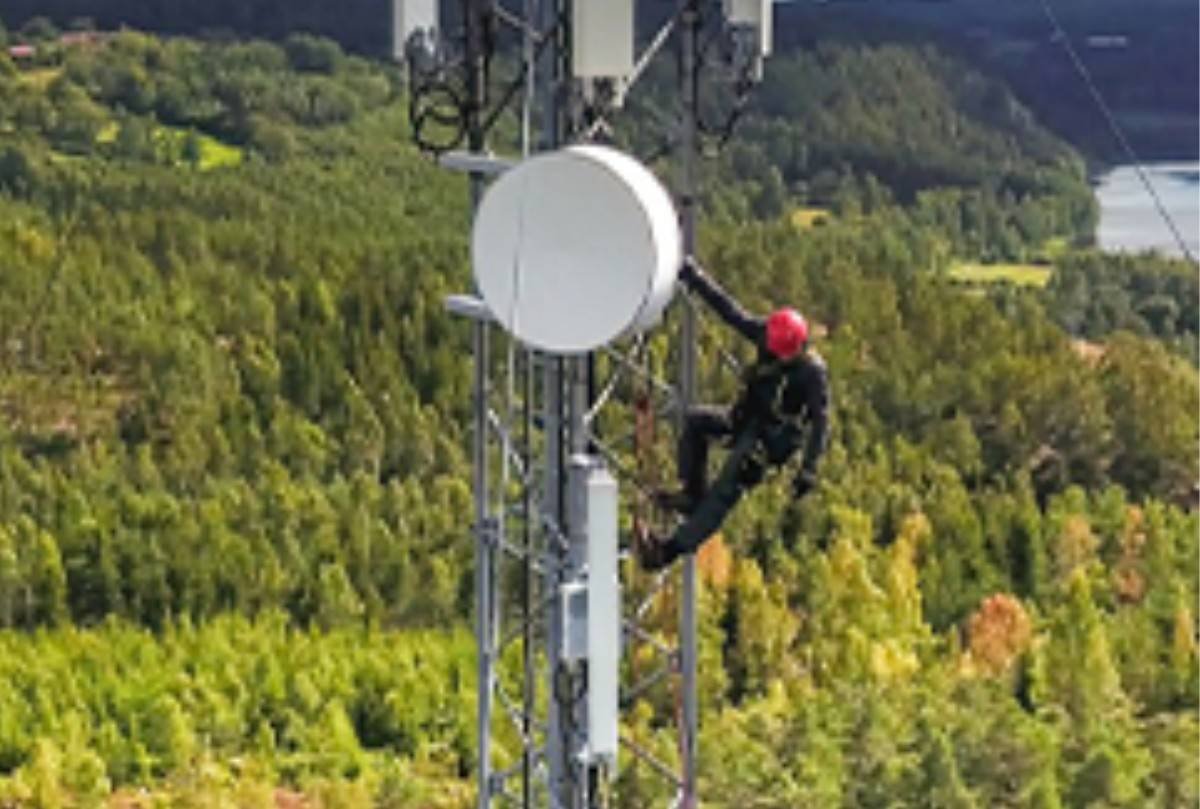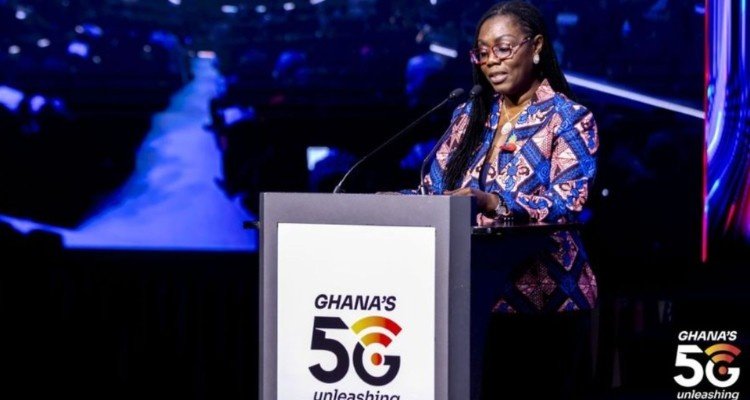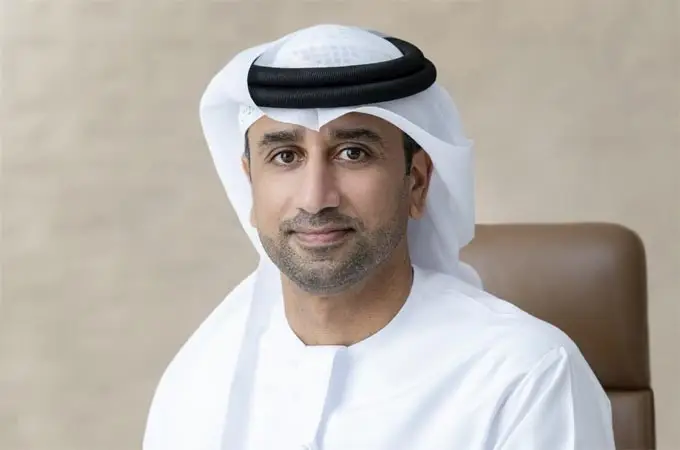Nepal’s Chaudhary Group (CG) has inked a $100 million (£79 million) agreement with China’s Huawei Technologies to introduce 4G phone services in the country, according to CG’s chief executive. This move disregards U.S. security concerns regarding Huawei’s products.
In an effort to revolutionize Nepal’s mobile phone market similarly to how Reliance Industries Ltd’s Jio transformed India’s market, CG has planned an initial investment of $250 million in the new 4G network, as stated by Chairman Binod Chaudhary in an interview.
The service will offer free voice calls but will prioritize data, online payments, and other services.
Starting from humble beginnings selling noodles in India and later across Asia, Chaudhary’s family-owned conglomerate now encompasses a bank, a telecommunications business providing rural telephony, and numerous resorts, including two in the Maldives in collaboration with India’s Taj Group.
Chaudhary, who is Nepal’s only billionaire with a net worth of $1.7 billion according to Forbes, also operates noodle manufacturing factories in India, Serbia, and Bangladesh to hedge against the uncertainties of his landlocked nation.
Huawei will provide equipment worth approximately $100 million for the 4G service launch, which has the potential to be upgraded to 5G. Chaudhary, who is also a lawmaker, mentioned that Huawei has been collaborating with the state-owned telecom company and will now extend its partnership to CG.
“Nepal will prioritize business considerations when making deals with companies from neighboring countries,” Chaudhary stated.
Huawei Technologies is a key player in the global 5G equipment market, but the United States has urged its allies to avoid Huawei technology, citing potential vulnerabilities to Chinese surveillance. Huawei denies these allegations, asserting that its equipment is secure.
CG Group has also partnered with Lifecell, a subsidiary of Turkey’s Turkcell, for technical and design services, while Huawei will supply the infrastructure.
“I don’t see any problem in collaborating with Chinese companies,” Chaudhary said, adding that he also plans to establish a venture in the cement sector with a Chinese manufacturer.
Currently, CG runs limited telecommunications services in rural Nepal. Min Prasad Aryal, a spokesman for Nepal’s telecom regulator, confirmed that CG has applied for a license for a more extensive network that includes urban areas.
“If they meet the standards specified by us, we have no objection,” Aryal said, indicating that CG would receive approval even if it uses Huawei equipment.
Nepal, with a population of around 30 million, has nearly 100% mobile penetration and about 50% data service penetration. Nepal Telecom is the market leader with a 51% market share by subscribers, followed by Ncell and Smart Cell, according to industry estimates.
“We are confident of achieving a one-third market share within three to four years, as we will have the advantage of bringing in the latest technology,” Chaudhary asserted.















